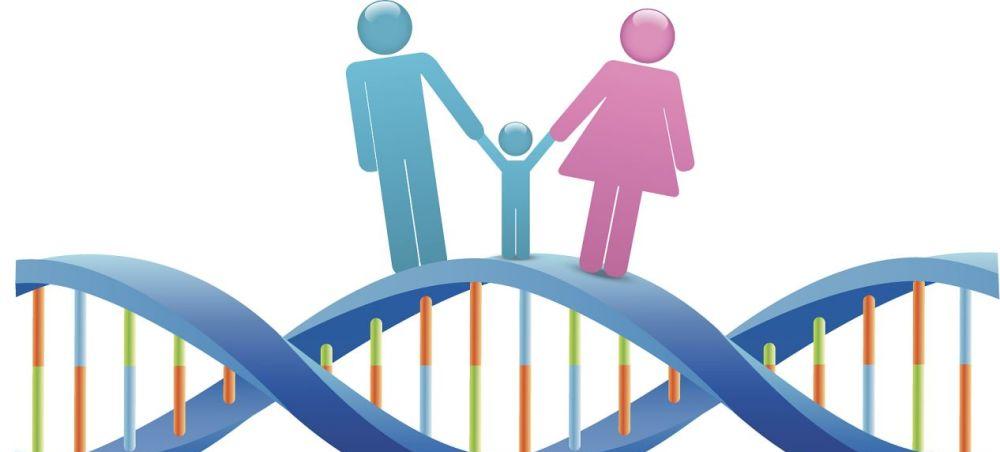Having a healthy baby is the most important thing for every mother-to-be and all who wants to be a mother. In the past, having a child was a matter of luck, everything was unknown, and everything could not be changed when the child landed. Therefore, when some unavoidable situations occur, such as recurrent miscarriages, fetal malformations and genetic diseases, it is undoubtedly a disaster for new parents and their families.
With the continuous development of genetics and reproductive medicine technology, chromosomal examination is one of the most important tests that can now be used by couples to predict the possible risks of having offspring through professional genetic material tests during pregnancy.

About chromosomes (Chromosome): it is a substance with genetic properties in the cell, because it is easy to be dyed dark by alkaline dyes, so it is called chromosomes (also known as chromatin); its essence is deoxynucleic acid, which is a structured linear body composed of nuclear proteins in the cell nucleus, and is the carrier of most of the genetic code-genes.
Why do chromosomes be done?
Chromosome testing can detect structural abnormalities of chromosomal fragment translocations, inversions, deletions, and repetitions, as well as abnormalities in the number of chromosomes such as aneuploidy. For example, Down syndrome, that is, chromosome 21 has one more than normal, so it is also called trisomy 21 syndrome.
Congenital abnormalities in the structure or number of chromosomes may lead to recurrent miscarriages, infertility or corresponding genetic diseases and metabolic diseases, and chromosomal abnormalities can be targeted to formulate a response plan. Acquired clonal chromosomal abnormalities may lead to various tumors such as leukemia, and identifying chromosomal abnormalities can help with targeted treatment and prognosis.
If a pregnant couple has a primary or secondary infertility, a history of recurrent miscarriage, a history of fetal malformations, or a family history of genetic diseases, they can use chromosomal testing to find the cause, predict the risk of giving birth to offspring with chromosomal diseases, early detection of genetic diseases and whether they have chromosomal abnormalities that affect fertility, so as to take active and effective interventions.
What groups of people need to have a chromosome test
1. Couples with multiple miscarriages and infertility;
2. Patients with obvious abnormal posture, developmental disability, mental retardation, multiple malformations or obvious abnormalities of skin lines;
3. Couples who have given birth to children with chromosomal abnormalities;
4. Abnormal development of gonads and external genitalia;
(1) Women are manifested as breast failure to develop, 18 years old still no menstrual cramps, or unexplained amenorrhea, B ultrasound suggests that the pelvic cavity does not see the uterus, ovaries or only see the naïve uterus, short stature and so on.
(2) Male manifestations are not developed or underdeveloped testicles, or overdeveloped, sparse beard, etc.
5. Primary amenorrhea and infertility in women, azoospermia and infertility in men.
6. Personnel who have long-term exposure to X-rays, ionizing radiation and toxic substances, those who receive radiation (computers also have radiation), anti-tumor drugs or those who are infected with rubella virus during pregnancy;
7. Patients with malignant blood disease;
8. Pregnant women over 35 years old;
9. Down's screening of high-risk pregnant women;
10. Couples with abnormal ultrasound examination.
What diseases can chromosomal tests detect?
Chromosomal examination can check for congenital diseases, genetic diseases, infertility, and recurrent miscarriages caused by congenital chromosomal abnormalities. Very small chromosomal abnormalities and gene point mutations require molecular genetics. Chromosome examination can also be obtained to check the acquired chromosomal abnormalities caused by leukemia, lymphoma, solid tumors, etc., to help determine the diagnosis and guide the clinic.